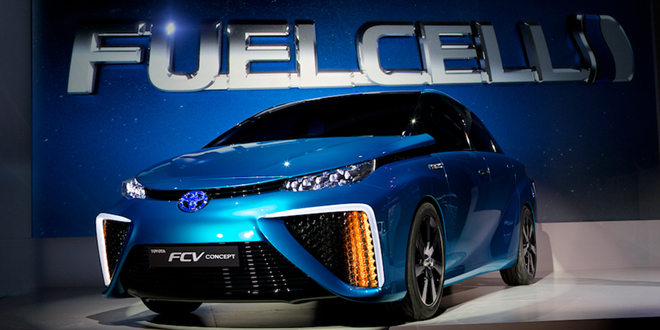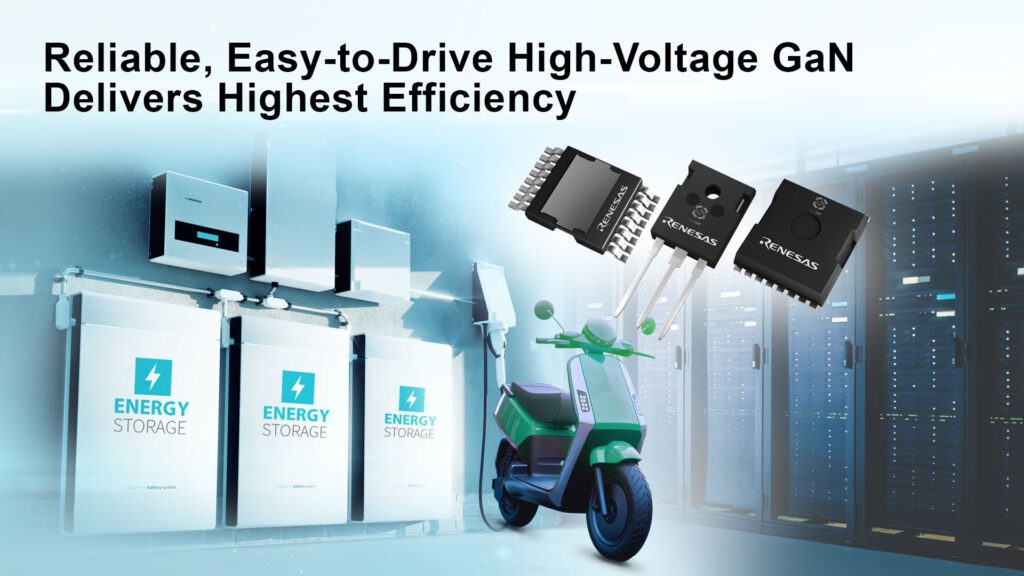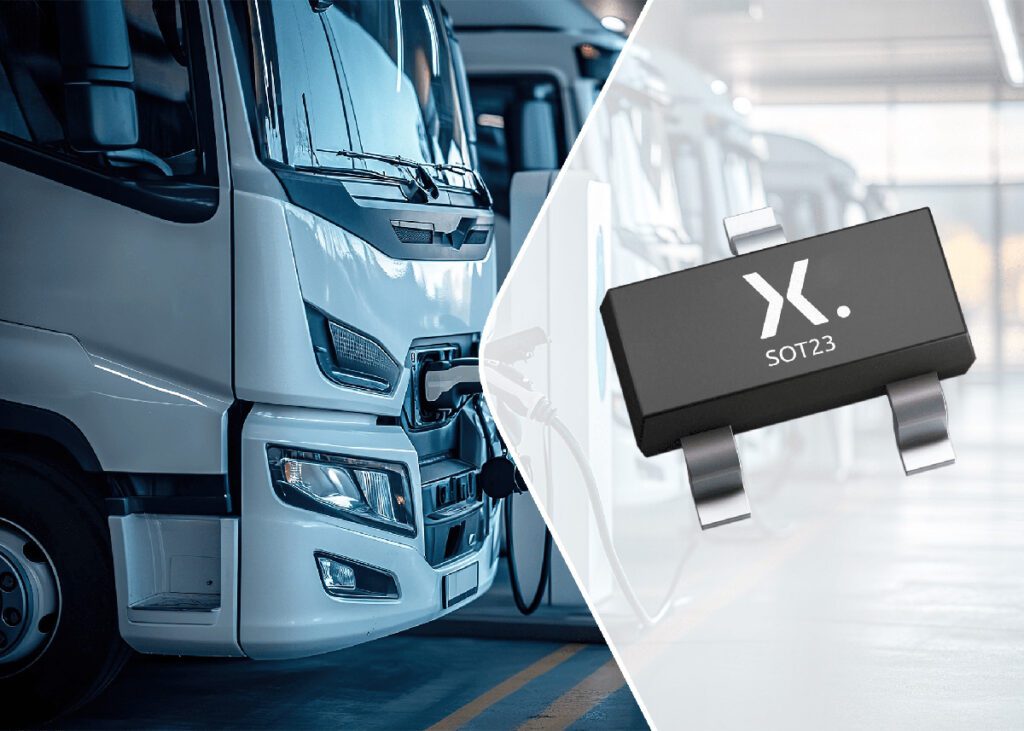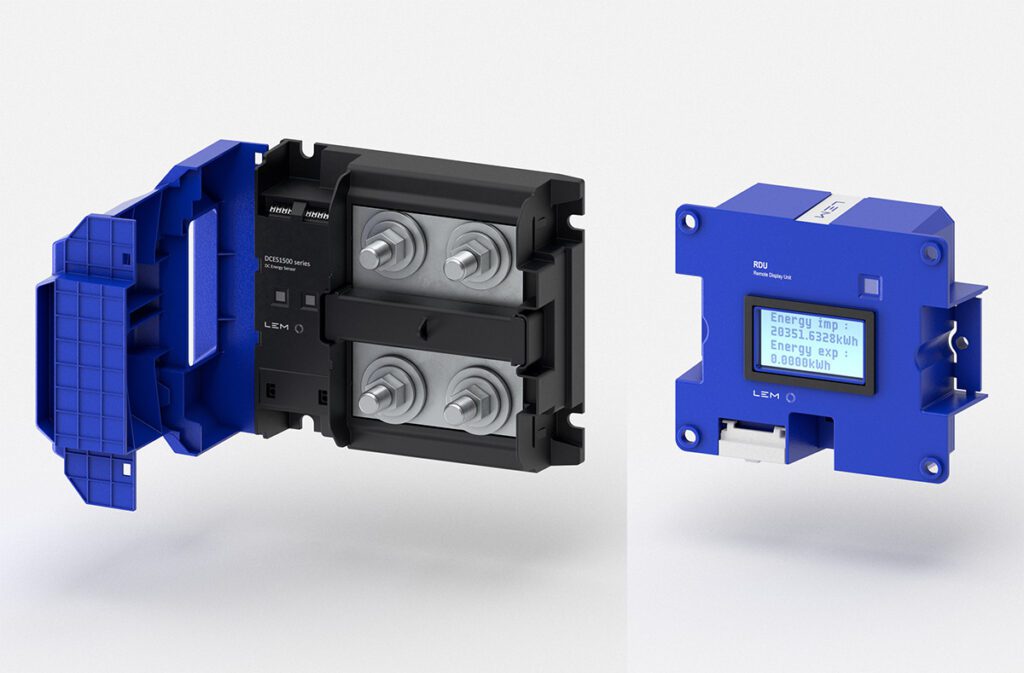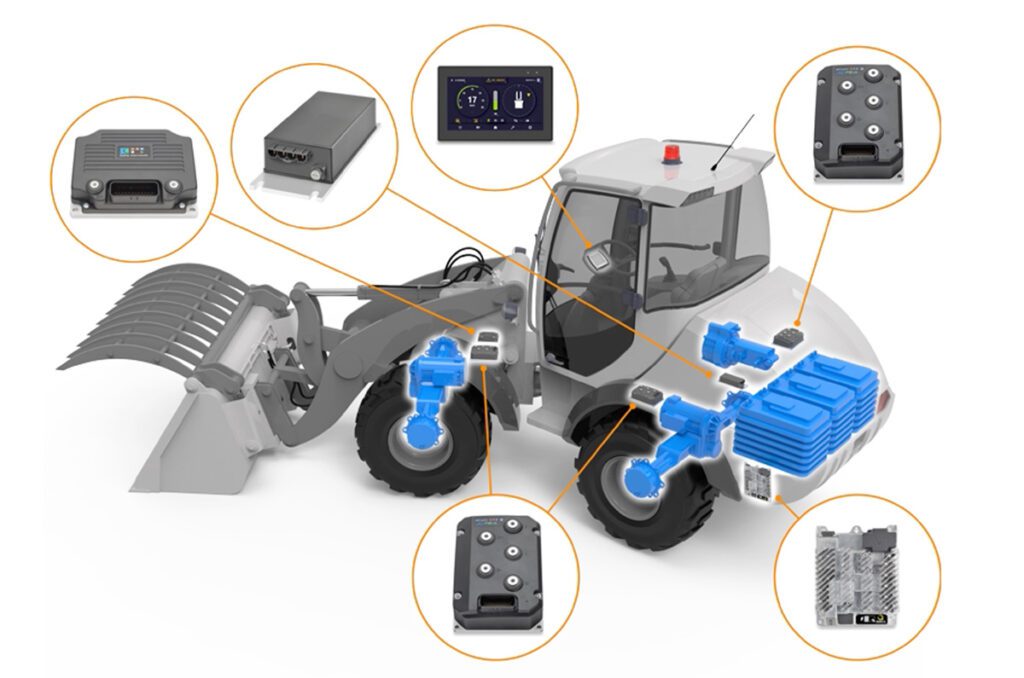Hydrogen fuel-cell vehicles (FCVs) are not the future – they’re here. The 2015 Hyundai Tucson Fuel Cell has been available for lease since June. Toyota’s offering is scheduled to go on sale a year from now, followed by Honda’s in 2016 (all of these will initially be sold only in California).
Many EV experts are dismissive of fuel cells, notably Elon Musk and his colleagues at Tesla, who have written in detail about why they believe battery-electric vehicles (BEVs) are superior. (Note that both are electric vehicles, because both use an electric motor. It’s the energy storage medium that’s different.)
The main spokesman for the other side is Toyota. It has discontinued its RAV4 EV, its executives have stated that hydrogen is a better solution (with the possible exception of short-distance city driving), and its Lexus subsidiary has run ads ridiculing battery EVs.
Some believe that the reawakened interest in fuel cells is mostly thanks to the California Air Resources Board, which recently modified its ZEV regulations in a way that incentivizes automakers to go the hydrogen route.
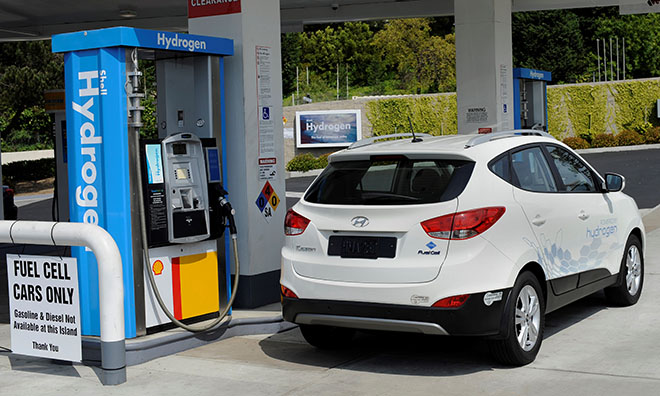
Others believe there could be room in the market for both technologies, and that setting up an artificial hydrogen-vs-lithium smackdown could hurt the larger cause of zero-emission transportation. A recent feature article in Charged discussed the pros and cons of each option.
Our colleague John Voelcker of Green Car Reports has neatly summed up the side of the FCV skeptics. He has compiled a list of questions that he thinks execs at Hyundai, Toyota, and Honda should be prepared to respond to. Among them:
- The main advantage of FCVs is that they can refuel faster than BEVs. But that may not be the case forever – faster charging times are a top goal for researchers, and solutions are already in the pipeline. If an affordable BEV in 2020 can recharge in 12 to 15 minutes, how much of an advantage will FCVs have then?
- How much of a disadvantage for early adopters is having to travel 10 to 30 miles to a hydrogen fueling station, compared to the home and/or workplace charging used for the majority of EV miles?
- A small but vocal lobby has advocated for electric cars for 20 years now. Where is the similar groundswell of fuel-cell advocates?
- What sector of private enterprise sees a profit-making business in selling hydrogen? Who will risk the capital to build thousands of hydrogen fueling stations at $1 million to $3 million apiece?
- A kilowatt-hour of energy will propel a BEV 3 to 4 miles. A kilowatt-hour of energy used to make hydrogen produces perhaps one-third that distance. Why is making hydrogen a good use of energy for transportation?
- Most of the available research indicates that the wells-to-wheels carbon footprint of a hydrogen-fueled vehicle is worse than that of a BEV. Comments?
- Have you studied the lifecycle carbon emissions, including manufacturing, of FCVs?
Trenchant questions indeed. Will any of the automakers deign to answer? Charged has come up with a couple more to add to the list:
- What’s the operational cost per mile? Is it as cheap as that of a BEV?
- Other things being equal, could an FCV ever touch the performance of an BEV such as the Model S? Could anyone build a fuel cell sedan that does 0-60 in 3.2 seconds – for any price?
Source: Green Car Reports







